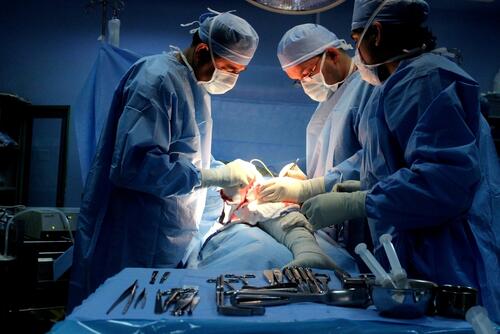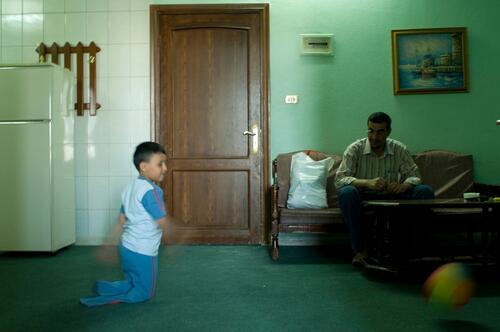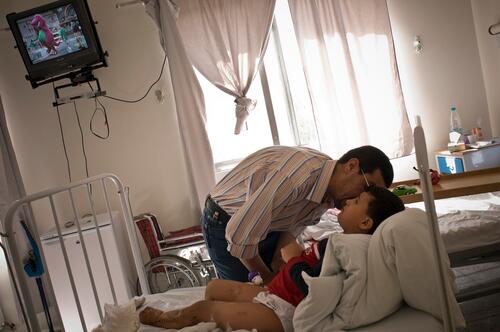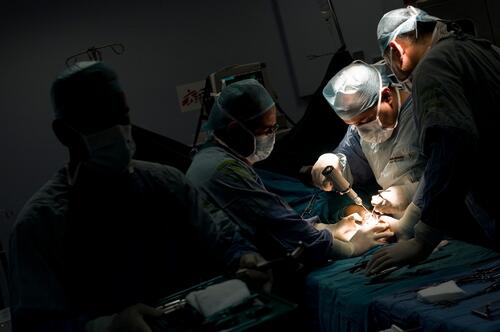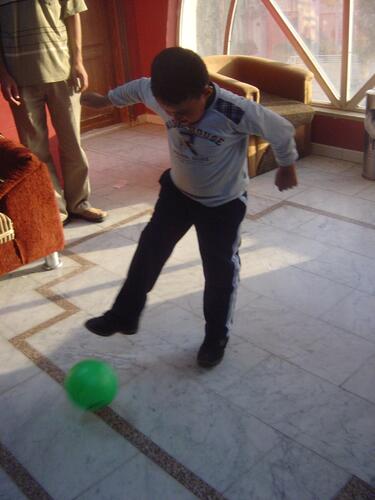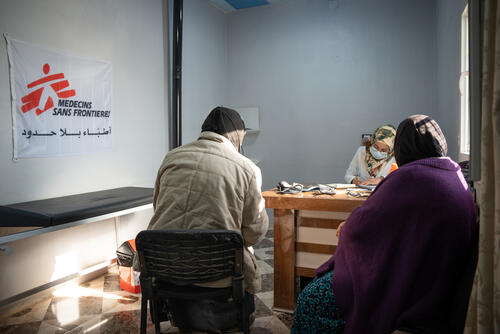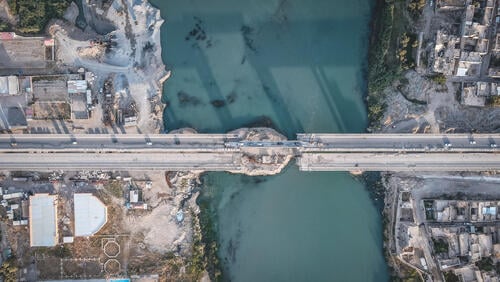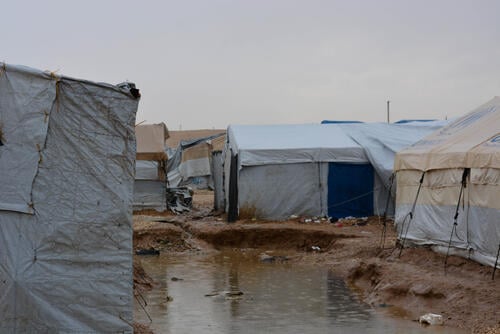In the aftermath of a harrowing war in his cherished homeland, Iraq, Dr Rasheed Fakhri found himself at a crossroads. To stay or to flee.
Little did he know that this uncertain path would lead him to serve his fellow Iraqis for nearly 17 years, far from the familiar streets of home. This is the story of his unchartered journey with Médecins Sans Frontières (MSF), where his dedication and compassion played a pivotal role in reshaping lives amidst the chaos of post-war Iraq.
The genesis of a healing journey
My journey with MSF commenced in 2006, but MSF's commitment to Iraq traces back to 1988, when they extended support after the Iraq-Iran war, and later in 1991 during the Gulf War. It was the Iraq War of 2003 that spurred much more significant activity by MSF in the country.
The year 2003 brought in a tumultuous era characterised by widespread violence, destruction, and displacement that would periodically resurge for the next two decades. Like many other Iraqis, I was compelled to leave Iraq in search of safety.
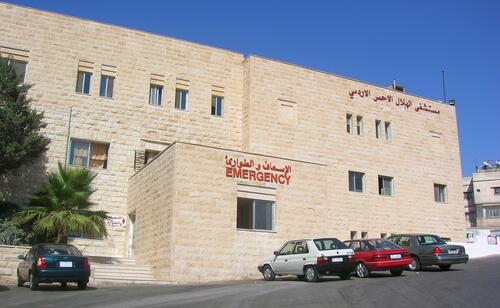
During a visit to Iraq, 19 years after her first journey in the country, my colleague Marie-Helen Jouve, who served as a programme manager in Jordan to support an MSF medical team stationed in Baghdad in 2003, recalled the immense disorder that followed the first airstrike.
“It was a feeling of complete chaos for us,” she says. “We knew we had to do something, but the weight of the war and the uncertainty of what lay ahead paralysed us.”
Her team, situated in Baghdad, collectively chose to remain in place, aiding the war-wounded and bearing witness to the unfolding war.
The security context kept deteriorating. In the late months of 2005, after my wife gave birth to our first daughter, it became painfully clear that staying in Iraq was no longer safe for me. Medical professionals like me often became targets for attacks. Even humanitarian workers were not immune, which had already led MSF to leave in 2004.
Leaving my beloved family behind, uncertain of when we would reunite, I relocated to Jordan. Shortly after, I found myself joining MSF as a surgeon at their newly established project in Amman.
The first patients
In August 2006, we received our first Iraqi patient. He was in a state of hallucination, shouting, “Where are the French?!”, in reference to MSF. For me, despite the circumstances, Iraqi patients like him brought with them the scent of home.
They came from all corners of Iraq, from Basra to Mosul, Najaf, and beyond, facilitated by the Iraqi Doctors Syndicate. The trauma was etched on to their faces. Among them were those who had lost their sight, burn victims, and orphaned children bearing severe injuries.
As security continued to deteriorate in Iraq, the severity of the wounds we treated in Amman starkly translated the reality endured by the Iraqi people. Some carried the remnants of car explosions, with fragments of sponge and wire embedded deep within their bodies. We could even discern the type and origin of the weapons that caused the wounds based on the nature of the injuries.
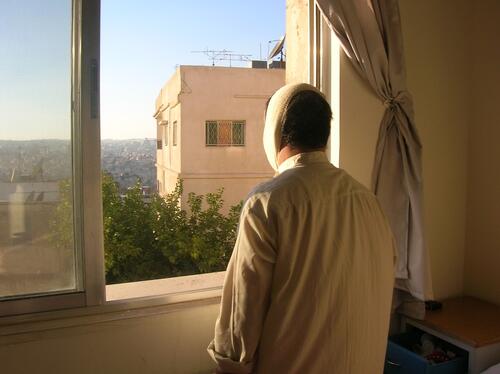
We treated patients wounded by remnants of cluster bombs that had been used during the war in 2003, despite their prohibition by international law. Innocent children would stumble upon these remains, mistaking them for harmless toys, leading to injuries that would forever change their lives.
As more patients flowed into the hospital due to the escalating conflict in Iraq, doctors from outside MSF joined forces, including Iraqi doctors, Jordanians and from other countries too, offering their expertise and sharing equipment without expecting anything in return. They recognised the gravity of the situation and the need for collective action. Meanwhile, MSF continued providing remote support to Iraqi hospitals despite numerous external and internal challenges.
Reunion and resilience
After four long months of separation, my family arrived in Jordan. At the airport, doubts filled my mind. Would my daughter recognise me? As I took her into my arms, all those fears dissipated into pure joy and love.
In the hospital, it felt like an unending marathon. I juggled surgical and medical tasks from morning to night. Mornings were reserved for supporting and caring for both staff and patients, but when noon struck, I plunged into the operating theatre. In the evenings, we gathered virtually with our counterparts at MSF headquarters, sharing stories, lessons, and experiences.
At times, I was overwhelmed by the traumatic condition of the patients I encountered. What kept me going was the spiritual strength and the success stories I witnessed. The shared sense of purpose among our team members propelled us forward.
In the hospital, it felt like an unending marathon... At times, I was overwhelmed by the traumatic condition of the patients I encountered.Dr Rasheed Fakhri, MSF surgeon
Children like Ali, who regained the ability to walk, were a testament to the impact we were making in the lives of others. Ali had been wounded in an explosion while travelling with his mother to visit relatives. The explosion killed Ali's mother and Ali lost both his legs.
He arrived at the hospital two and a half years after the accident, still not recovered from the physical and emotional trauma. Ali and I both felt pain. For him it was the pain of his wounds, while for me it was the pain of witnessing a young boy lose both his legs to war.
After months of surgery and rehabilitation, he was finally able to walk again with the help of prosthetic legs. Ali's journey encapsulated the essence of why we became doctors in the first place – to restore hope, to heal, and to witness miracles of survival. I could never fully suppress my human side in being a doctor, but I reminded myself to remain strong for my patients.
Beyond borders, beyond limits
In 2009, I had the opportunity to visit Iraq for the first time after leaving. The plane landed in Baghdad for transit before proceeding to northern Iraq. The ache of being so close yet unable to step outside and see my neighbourhood and relatives was indescribable.
We were en route to Kurdistan, Sulaymaniyah, where MSF had been running projects since 2007. Due to the volatile security situation in Iraq, MSF supported nine hospitals remotely. I went there to train healthcare providers.
Our teams' care extended far beyond physical healing. As part of our comprehensive support we prioritised psychological well-being, which was a priority for staff, too, especially for surgeons who witnessed so closely the horrors of war on their patients.
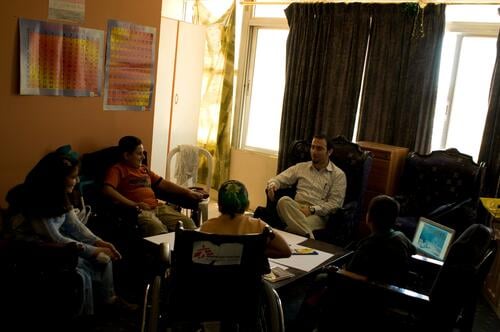
A new wave of patients
Four years into my journey with MSF, the Arab Spring swept across the region, and soon our patients in the hospital were no longer exclusively Iraqis. In June 2011, I received our first Syrian patient, revealing a different experience of war.
Tragically, Iraqis had become accustomed to distress and grief, having weathered several wars over the decades, and often displayed a resilience that baffled me. For Syrian patients on the other hand, perpetual shock was their reality. The indiscriminate bombings had shattered long-lasting peace.
Our commitment to supporting and caring for Iraqi patients in Amman had laid the foundation for us to later serve patients from other countries experiencing war, including Yemen.
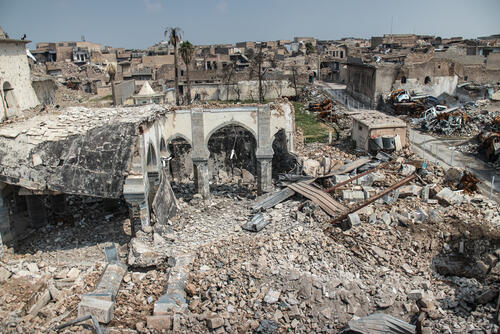
One survivor from that period, Leemar, stands out in my memory. Severely wounded and traumatised due to the atrocities that took place during the war in Syria, she made remarkable progress in her recovery. Her resilience inspired her to become an advocate for optimism and success. Through her renewed strength and activism, Leemar emerged as a beacon of hope for other patients in the hospital.
None of the suffering I had seen up to that point was as horrific as what Iraqis went through between 2014, when the Islamic State Group took control of large areas of the country, until 2017, when the armed battles to regain control of these areas ended.
When patients began to flow from those areas to the hospital, I witnessed the true extent of the physical and psychological devastation wars can cause. The battles were widespread and fierce in most areas and were taking place within residential neighbourhoods and alleys crowded with stranded civilians.
Crafting a better future
Providing assistance to the people of my country has always brought me immense satisfaction. We continued to strive for excellence in medical care. In 2017, we embraced 3D-printing to create custom prosthetics, fundamentally transforming lives. A young boy now confidently sharpens pencils at school, no longer reliant on his teacher. Another woman found empowerment through a beautifully crafted creation, discovering satisfaction in art and income.
For over two decades, the healthcare sector in Iraq has languished under the weight of crises, desperately needing revival. Iraqis hunger for a reinvigorated healthcare system - one capable of delivering the quality of care they rightfully deserve - and I think now everybody needs to unite to achieve this goal.
Deep within my heart, I long one day to return to Iraq. The desire to contribute to my homeland and its people remains a driving force within me, and I have found solace in the ability to treat my fellow Iraqis within the walls of Amman Hospital. Here, I have dedicated myself to providing the highest quality of care possible, ensuring that each patient receives the attention they deserve.



